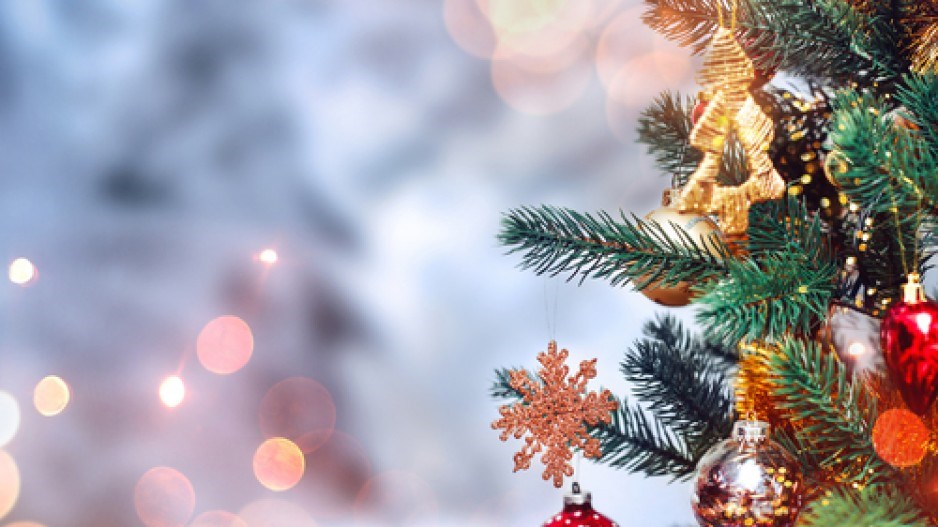Sorry. Even with the opportunity to ask Canadians whatever I wanted in the final month of 2018, I chose not to dwell on the appropriateness of the song “Baby, It’s Cold Outside” in the 21st century.
That being said, certain questions are unavoidable in December for people in my profession, such as the age-old debate over the adequate greeting. But the end of the year also provides an opportunity both to measure the stress that can be caused by the season and to see whether religion continues to play a pivotal role in our daily lives.
Let us deal with the easy stuff first. Across the country, three in four Canadians asked by Research Co. (74%) say their preferred salutation for this season is “Merry Christmas.” The greeting is more popular among residents aged 55 and over (79%).
“Happy Holidays” is the choice for 14% of Canadians, with a fairly stable showing across all demographics except of one. Only 4% of Albertans outline a predilection for “Happy Holidays” over “Merry Christmas.”
We also see 12% of Canadians are undecided or simply do not care either way when it comes to this season’s greetings. I wanted to know what could cause more than one in 10 Canadians to be in an apparent “bah, humbug” mood.
The first step was to look at how many Canadians relate to the winter holidays as something blissful. More than half of respondents to the poll (57%) cheerily admit that this holiday season is expected to be “more fun than stressful.” There are some subtle differences, such as men being slightly more likely to consider the events fun than women (60% to 55%).
In British Columbia, a whopping 70% of residents say this holiday season will be “more fun than stressful,” by far the highest proportion in the country. Quebec comes closest to British Columbia’s joyful mood at 60%, followed by Ontario and Atlantic Canada with 56% each, and Manitoba and Saskatchewan with 54%.
Once again, Alberta stands apart. The province’s residents are deeply divided on this question, with 45% saying they expect this holiday season to be “more fun than stressful” and 43% claiming this year will be “more stressful than fun.” In no other region of Canada do we see one in four residents saying this is a time for anxiety and not elation.
The final layer of analysis is religion. In spite of all the discussions about proper songs, year-end party etiquette and weight gain worries, we get together to celebrate, in diverse ways and with dissimilar greetings, a religious holiday.
Across Canada, only 18% of residents say religion is “very important” in their daily life, while 20% deem it “moderately important.” This means that a majority of Canadians currently feel religion is “not too important” (21%) or “not important at all” (41%).
Age plays a role in the way Canadians are looking at faith. While only 32% of Canadians aged 55 and over say religion is “not important at all,” the proportion increases to 37% among those aged 35 to 54. Most of Canada’s youngest adults, those aged 18 to 34, seem to have lost their faith or maybe never found it. A majority of them (53%) say religion is “not important at all” in their daily lives.
Regionally, two provinces stand out as being the least interested in religion. Only in British Columbia and Quebec do more than half of residents readily admit that religion is “not important at all” to them at this stage in their lives (54% in each province).
So, while we are nearing a consensus on the greeting that Canadians prefer to say in December, just what the season is about appears to hinge on where you live and how your year went.
In Alberta, a tense 2018 is coming to an end, and it is painfully evident that families are struggling more here than in other parts of the country. Albertans are still more likely to fume over the mention of “Happy Holidays”; they are also some of the least likely to have abandoned religion.
British Columbians and Quebecers, who have an established brotherhood of environmental stewardship, are more likely to say this year’s holiday season will be fun. They are also the most likely to not be paying any attention to faith.•
Mario Canseco is the president of Research Co.




